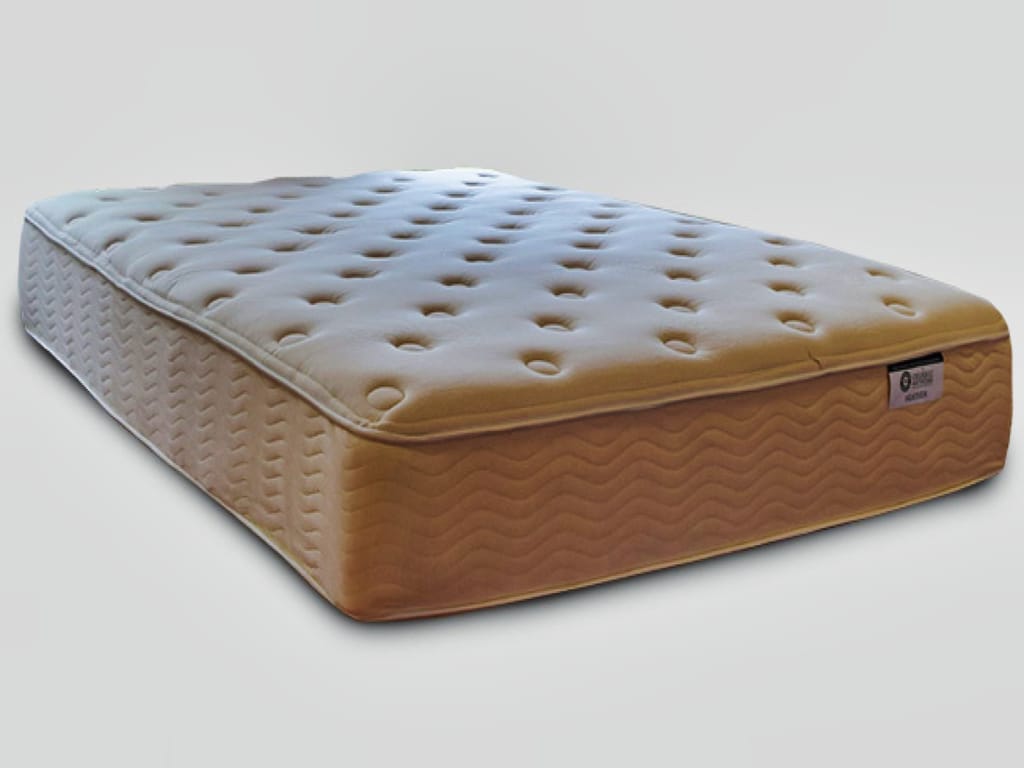How to sleep with neck pain
Good sleep is essential for physical and mental health, and a good night’s rest is especially important for people who experience neck pain. If you experience from neck pain, it is important to recognize that the way you sleep can have an enormous impact. Research the best sleeping position to ease your neck pain and implement the simple changes to your sleep routine that can help you get a better night’s rest.
Reducing neck pain
Sleeping with a neck pillow can help reduce neck pain and provide a more comfortable and restful sleep. When choosing a neck pillow, it is important to look for a pillow that is supportive and comfortable; one which offers the right amount of support and cushioning can help to keep the neck and spine in alignment to reduce pain. Look for a pillow that is neither too soft nor too hard, and that maintains the natural curve of the neck. Memory foam pillows often provide the most comfortable support, though there are other materials available.
Choose a mattress that is firm enough to support the spine. A mattress that is too soft can induce strain on the neck and lead to pain. Also, avoid sleeping on your stomach as this position puts a strain on the neck. It’s best to sleep on your back or side. Place a pillow between your knees if you sleep on your side and make sure the pillow is not too thick or too thin.
While sleeping with a neck pillow on a firmer mattress can help reduce neck pain, it is also important to take time to relax before bed. Avoid screens and other sources of stimulation for at least an hour before bedtime; practice relaxation techniques such as yoga or deep breathing exercises to help relax the mind and body.

Tips
Sleep in the correct position. One of the most important ways to help ensure you get restful sleep is to ensure you’re in the correct position while you sleep. When you sleep on your back, use a pillow that supports the natural curvature of your neck and keeps your head level with the rest of your body. If you sleep on your side, use a pillow that supports the space between your neck and the mattress.
Use a neck pillow. It’s helpful to use a neck pillow while you sleep. A neck pillow affords extra support and cushioning while you sleep, which can help reduce neck pain. There are various neck pillows available, such as contour or cervical pillows, so experiment to find the type that works best for you.
Adjust your mattress. Make sure it provides the right support. A mattress that is too hard or too soft can put extra strain on your neck and shoulders, increasing pain and discomfort.
Get regular exercise. Regular exercise can help reduce neck pain and stiffness. Exercise can also help you relax and fall asleep more easily.
Avoid using electronics in bed. It’s best to avoid using electronic devices such as laptops, tablets, or phones in bed. The blue light from these devices can make it harder to fall asleep and can also contribute to neck pain.
Choosing the Right Mattress
Neck pain is one of the leading causes of insomnia and other sleep disturbances. Getting the right mattress can be the key. The best mattress for neck pain should provide adequate support, comfort, and pressure relief.
Consider the type of mattress that best suits your body type and sleeping habits. For example, if you are a side sleeper, a softer mattress can help maintain your spine aligned. If you are a back or stomach sleeper, a firmer mattress can help keep your spine straight and your neck in a neutral position.
Look for a mattress that offers pressure relief. Memory foam and latex mattresses are good options, as they contour to the shape of your body and provide cushioning.
In addition, look for a mattress that has a good balance of support and cushioning. A mattress that is too soft or too firm can lead to neck and back pain.
Look for a mattress that is designed for neck pain relief. These mattresses feature contoured or adjustable support layers that provide targeted support to the neck and spine. Finding the right mattress for neck pain can be challenging, but with a little research and trial and error, you can find the perfect mattress to provide the support and comfort you need for a good night’s rest. Talking to a specialist at Healthy Choice can’t hurt either 😉

Conclusion
The best way to sleep with neck pain is to find a comfortable mattress and pillow, sleep in a position that puts the least amount of strain on your neck, and use a neck pillow to support your neck and spine while you sleep. If the pain persists, it is best to consult a doctor or physical therapist for a personalized treatment plan.
Reference
- How to Treat a Stiff Neck After Sleeping. (n.d.). Spine-health. https://www.spine-health.com/conditions/neck-pain/how-treat-stiff-neck-after-sleeping
- Huizen, J. (2020, November 23). How to sleep with neck pain: Positions, products, and prevention. https://www.medicalnewstoday.com/articles/how-to-sleep-with-neck-pain
- Neck pain – Symptoms and causes. (2022, August 25). Mayo Clinic. https://www.mayoclinic.org/diseases-conditions/neck-pain/symptoms-causes/syc-20375581
- Yetman, D. (2020, July 28). The Best Way to Sleep with a Sore Neck. Healthline. https://www.healthline.com/health/how-to-sleep-with-neck-pain